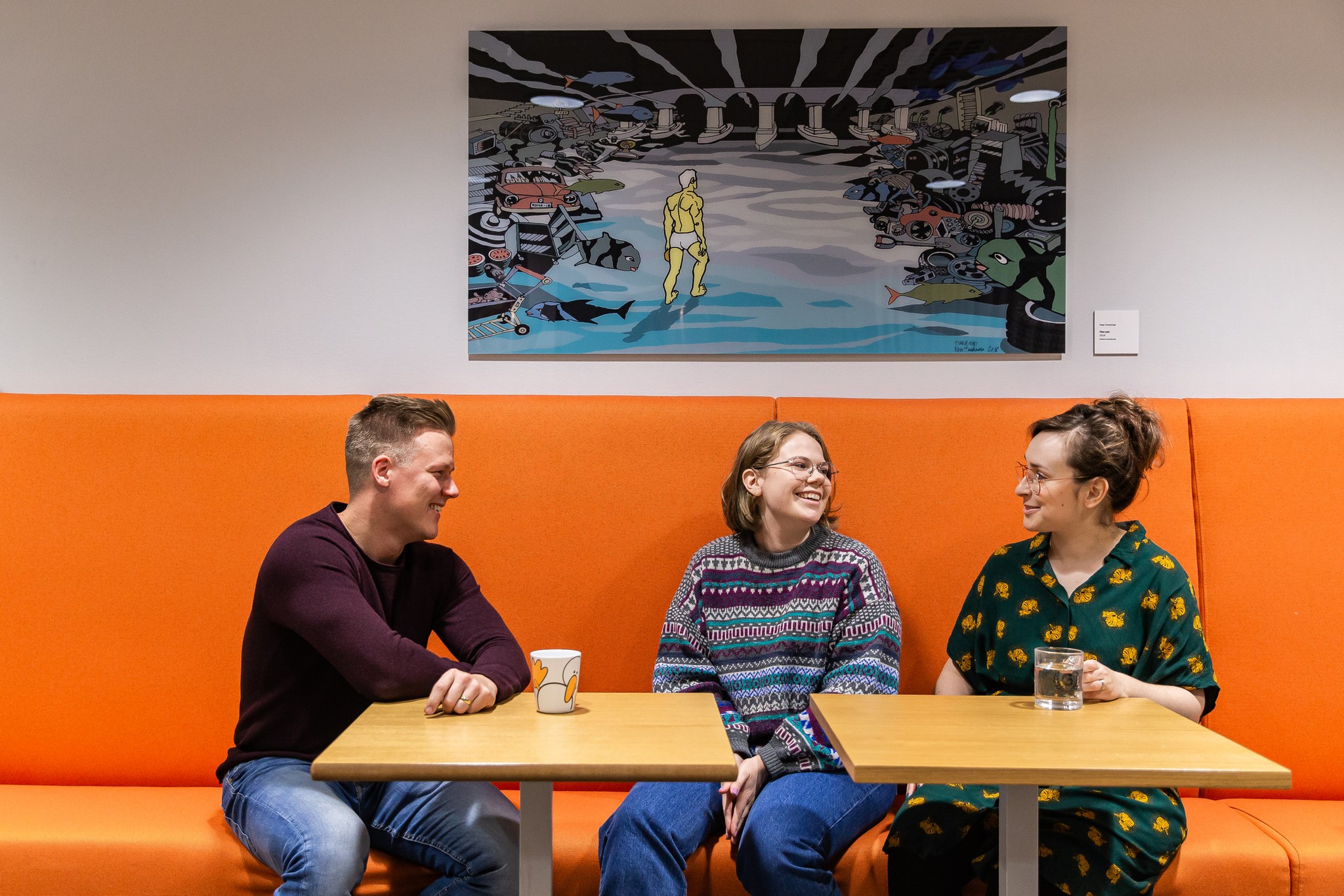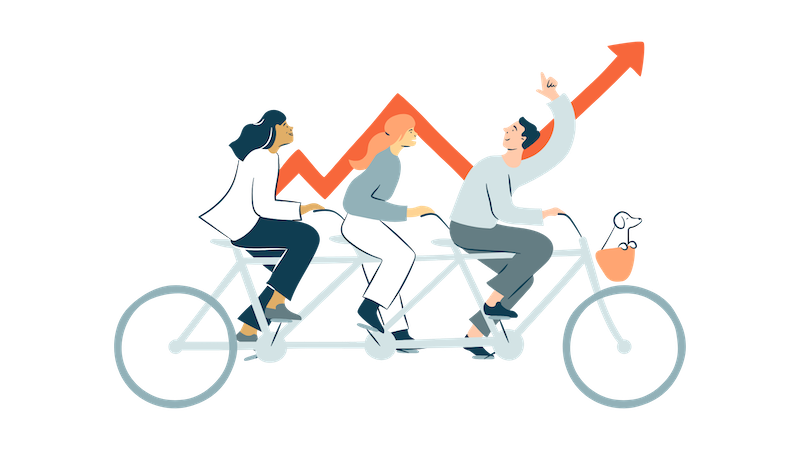Various changes and transformations at workplaces pose a challenge for us. When adding the strain of the changes we face in our personal lives, one’s capacity to handle everything at once may become overloaded.
As individuals, we are part of organizations, societies, and the whole world, where we are surrounded by constant simultaneous changes. We must have strategies and tools for balancing our mental load to ensure and protect our ability to operate. My argument is that change capability is an essential skill for everyone to learn.
When planning this article, I started off with the definition of change capability. We describe it as follows:
Change capability is an ability to lead, sequence, execute and adapt to changes continuously. In addition, it’s about skills that make it possible to sustain one’s own performance and keep the business up and running when there are multiple, simultaneous change initiatives going on in the organization.
I considered this description from an individual’s point of view and recognized three factors that support us in developing our individual change capability.
1. Self-leadership in change
In the past few years our self-leadership skills have been challenged by for example the pandemic and increase of hybrid work. Self-leadership means the ability to focus energy on goals as well as identifying and acknowledging own beliefs, strengths, and constraints.
Identifying your attitude towards the change and acknowledging how your attitude can affect your colleagues is a basis for good self-management. Once you are aware of your feelings and restrictions, you are able to actively seek support and fresh thoughts from your manager or colleagues. In addition, change cases require you to balance your time allocation between basic work and tasks that contribute to reaching change targets.
2. The power of continuous learning
Organizational changes challenge us to work and think differently, and learning is hardly ever easy. Learning new skills can sometimes cause uneasiness, and feelings like frustration or even disappointment are an integral part of work life and humanity in general. Your attitude towards learning can make a difference between individual success and failure in the change. If you fail to change your ways of working the first and second time, it does not necessarily mean that you will fail the third time as well. Practice makes perfect.
Continuous learning and curiosity enable us to both adopt changes and develop as professionals. Carol Dweck’s growth mindset describes individuals that believe their skills and abilities can be developed with hard work and persevering attitude. While trying and learning new ways you can either succeed or grow your knowledge for the next iteration. Treat failures as great learning opportunities. In a change, the role and support of your manager or people leader is crucial in learning the new ways. From growth mindset point of view, asking for feedback on your progress, use of effort and persistence towards the new way is a valuable way to learn.
3. Keeping the wheels turning
Transformations are characterized by new events, surprises and difficulties. From time to time, we are overwhelmed by changes or uncertainties so much that we might feel fear of losing control. Then our performance and ability to function is at risk. Resilience refers to ability to endure changes and maintain adequate level of performance despite unexpected events or uncertainty. Change might paralyze for a moment, but for a resilient person bouncing back and moving forward after the change is easier.
Yet, overcoming obstacles is not entirely up to you. Our work environments play a crucial role in adapting to workplace changes and overcoming difficulties we face in transformations. Resilient organizational culture supports expressing openly one’s feelings regarding the change and normalizes both asking for and offering help. When an organization fosters resilient culture and psychological safety, change is more likely to succeed.
People with the capability to lead, implement and adopt change continuously make their organizations thrive in the era of constant change. From an individual’s point of view developing change capabilities is worth the effort as it, for instance, improves performance and decreases workload. Leadership teams and people managers are responsible for enabling change capability development in the organization and supporting their team members in adopting changes. Read more about the assets of a change capable organization.
To conclude, here are a couple of tips to develop change capability within your (working) life:
- Practice identifying your attitude towards the change and ask for support when needed
- Discuss with your people manager about your progress towards the change target
- Improve your resilience and tolerance of uncertainty whenever you face unexpected events
Looking for support with developing change capability?



